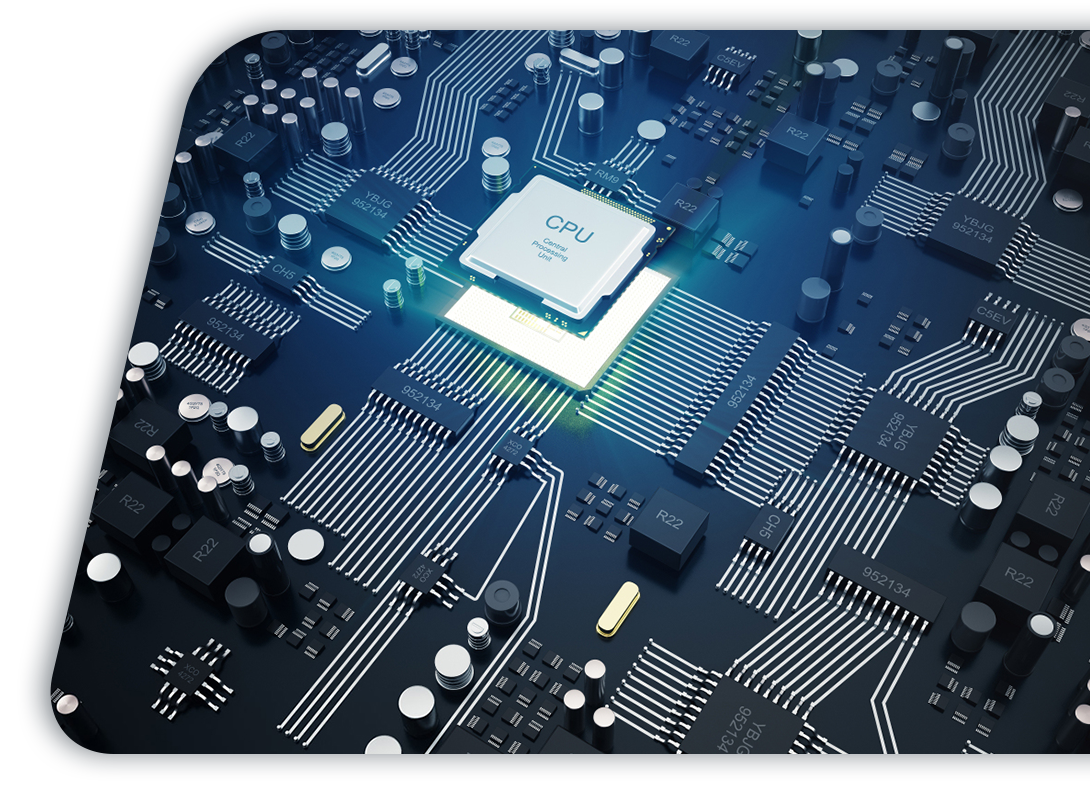When it comes to electronic devices, capacitors play a crucial role in ensuring proper functioning and performance. These small but mighty components are found in practically every electronic device, from smartphones and computers to car engines and power plants. Understanding the function of capacitors and their importance is essential for anyone working with or using electronic devices.
So, what exactly is the function of capacitors? At their core, capacitors store and release electrical energy in an efficient and controlled manner. They are designed to temporarily store and release electrical energy, acting as a kind of “energy reservoir” within the circuit. This ability to store and release energy makes capacitors vital for a wide range of applications in electronics.
One of the primary functions of capacitors is to smooth out electrical fluctuations in circuits. In many electronic devices, the flow of electricity is not always constant and can fluctuate, causing interference and instability. Capacitors help to stabilize the flow of electrical current by storing surplus energy during peaks and releasing it during dips, helping to maintain a consistent and stable flow of electricity.
Another important function of capacitors is filtering out unwanted signals or noise from electrical circuits. This is particularly important in sensitive electronic devices where interference or noise can disrupt the proper functioning of the circuit. Capacitors can be used to block certain frequencies of electrical signals while allowing others to pass through, effectively filtering out unwanted noise and ensuring a clear and reliable signal.
Capacitors also play a crucial role in power factor correction. In many electrical systems, the power factor – the ratio of real power to apparent power – may not be ideal, leading to inefficiencies and wasted energy. Capacitors can be used to improve the power factor by storing and releasing reactive power, thereby reducing the strain on electrical systems and increasing overall efficiency.
In addition to these functions, capacitors are also used for timing circuits, motor starting, energy storage, and many other applications. Their versatility and effectiveness make them indispensable in modern electronics and electrical systems.
The importance of capacitors in electronic devices cannot be overstated. Without capacitors, many electronic devices would not be able to function properly or efficiently. Their ability to store and release energy, stabilize electrical currents, filter out noise, and improve power factor is critical for the proper functioning and performance of electronic devices. As technology continues to advance, the demand for capacitors in electronic devices will only continue to grow.
When it comes to choosing capacitors for a specific application, it is important to consider the requirements of the circuit and the specific functions that the capacitors need to perform. Capacitors come in a wide range of types and designs, each suited for different applications and operating conditions. Factors such as capacitance, voltage rating, temperature stability, and frequency response must be taken into account when selecting capacitors for a particular circuit.
In conclusion, capacitors are essential components in electronic devices, performing a wide range of functions that are critical for the proper functioning and performance of electrical circuits. Their ability to store and release energy, stabilize electrical currents, filter out noise, and improve power factor makes them indispensable in modern electronics and electrical systems. Understanding the function of capacitors and their importance is essential for anyone working with or using electronic devices, ensuring that they can make informed decisions when it comes to selecting and using capacitors in their circuits.
Post time: Feb-24-2024

